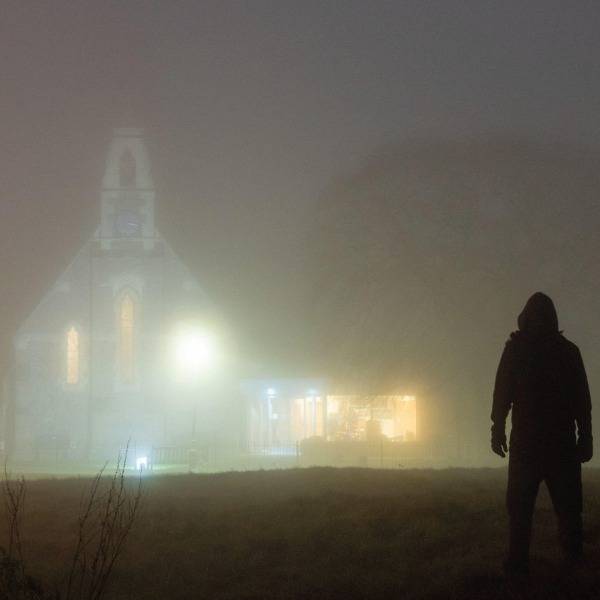John Dunn has written a history of the idea and phenomenon of democracy and the distance, as he measures it, between the exalted claims made for this system and the reality of what we live with now. What he has not written is a political work that offers any kind of serious alternative to governments elected through universal suffrage. He can run through the frustrations and compromises of a liberal democracy but, unable to seriously draw on any opposing ideology, he is as stumped as any of us when it comes to suggesting how we might govern ourselves instead. Still, the health of a democracy should not be taken for granted and it's always useful to take its temperature. The diagnosis here is that liberal democracy, as we practice it now, is administered and manipulated by what Dunn calls the 'order of egoism': a phrase taken from Filippo Michele Buonarroti, a Tuscan who left an account of the French Revolution that had a great influence on Karl Marx.
The order of egoism, according to Dunn and Buonarroti, enthrones individualism and self-interest as the sole ends of the community. This produces an elite that knows how to squeeze personal gain out of civil society. They can't impose their will by force or overthrow the apparatus of democracy, but they can distort the entire process so that their financial interests, the only prompts to which the author concedes they might respond, are served.
The democratic process may be peaceful, egalitarian in intent and infinitely more pleasant than tyranny, but the results, as constructed by beneficiaries of the order of egoism, are the same as if there were government by oligarchs.
The first three chapters run through the history of democracy and detail the familiar story of democracy's birth in ancient Greece, its centuries-long disappearance, and eventual return in the American and French revolutions of the 18th century. Dunn argues that, in the ancient world, democracy was not conceived as a system with a universal application to mankind, was never put into practice as such, and bears hardly any relation to the mechanism for keeping professional politicians in employment that we enjoy today.
We're then taken on a brisk tour of democracy's antique enemies: Plato, for example, was famously hostile to the idea on the grounds that there was no chance of the mass of humanity voting for that group of people most transparently fit to rule: the philosophers.
The problem is that a flawed or incomplete democracy (and there's a good case to be made for thinking that modern democracy cleaves to the will of the people a lot more closely than the author concedes: who thinks that the views of George Bush don't coincide with those of a large amount of the American population?) is not just another experiment in government that has somehow beaten all the alternatives. Rather, it is the only way we have ' now that we are done with absolute rule by monarchs ' of preventing experiments of the kind where we tear society apart in the hope of launching ourselves on the voyage to something better; experiments, in short, that were a catastrophe in the twentieth century and ushered in the world-wide yearning for liberal democracy.
So there are few answers. But this has not stopped Dunn posing endless questions. From the preface onwards question marks appear in the text as they pop into Dunn's head. We are repeatedly told that he intends to ask why democracy has become the planet's most enthusiastically followed political philosophy.
Equally, he wants to know why the word democracy has been chosen to mean what it means. I'm not sure why the second question is so important (it could, I suppose, be lingering sentiment about the world of ancient Greece; but it could just as easily be that democracy had to be called something), but the first turns out to be no mystery at all. Give people the choice between voting for a democrat and submitting to a hereditary monarch, psychotic general or faith-based oligarch and it's not surprising which they choose. A civilised form of government may not guarantee civilised leaders, but it certainly encourages them. When it functions well (which is more often than is allowed for in this book) it is the best way of restricting arbitrary power.
Dunn spends too much time pondering why democracy, or the desire for it, has managed to spread itself over every continent. Why does he think people, from Kinshasa to Baghdad, want government by consent?
His learning and his observation should have shown him.

